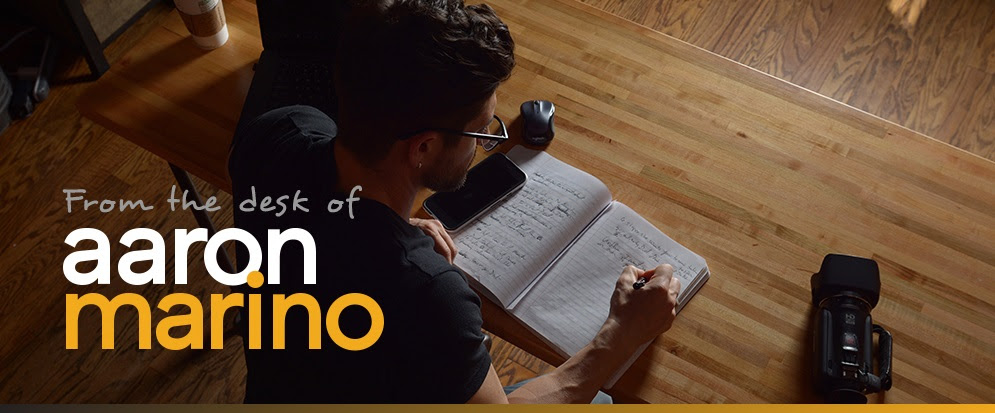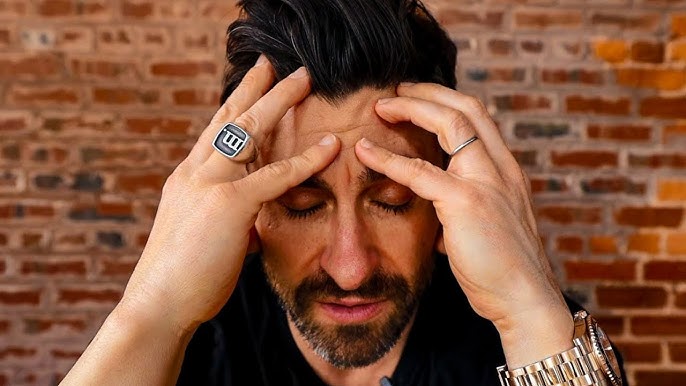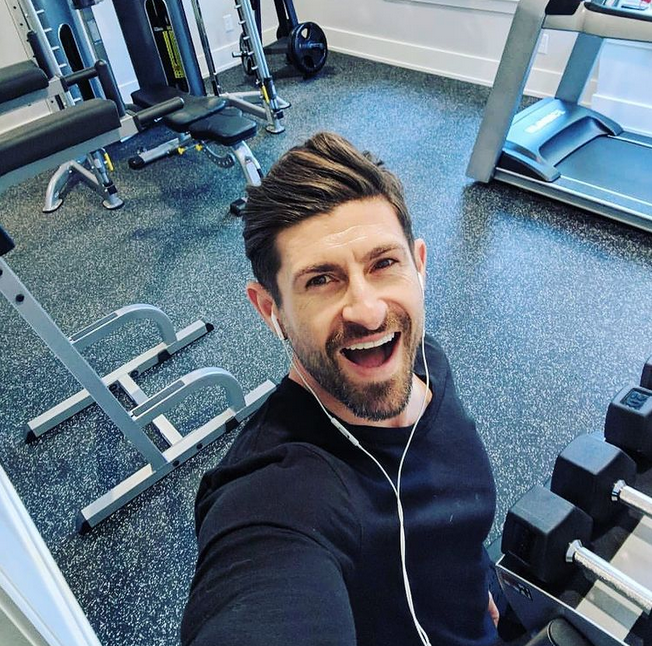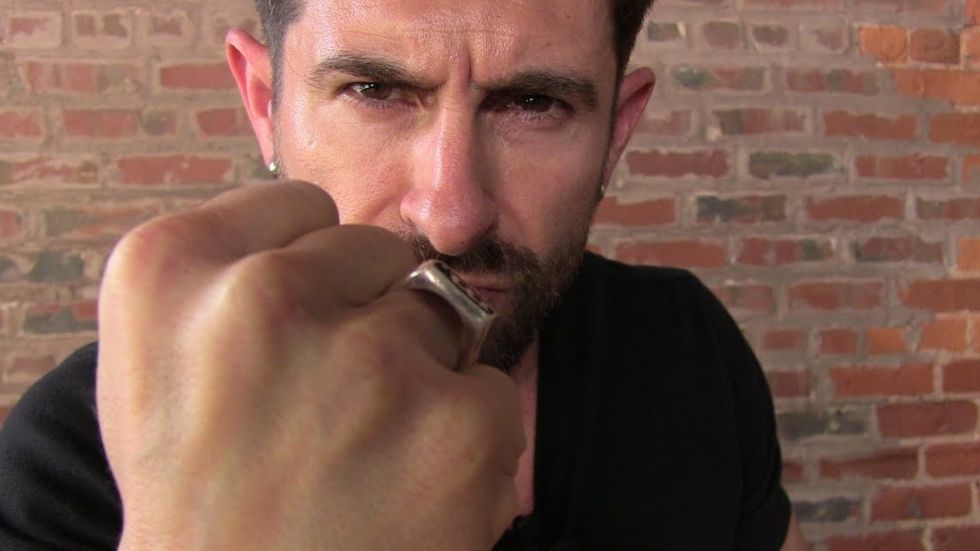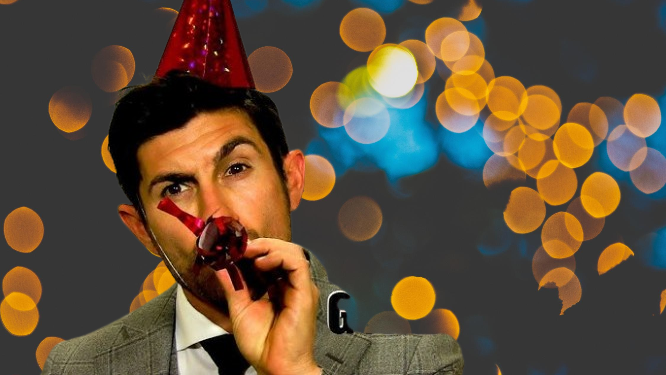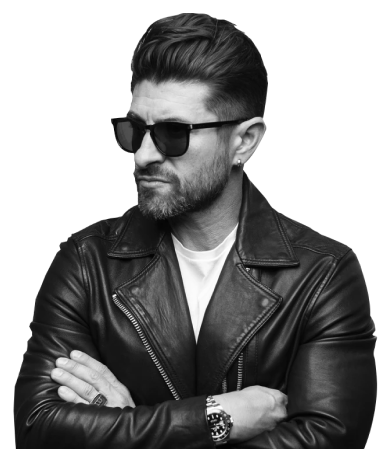People are cutting off social media, hoping to improve their lives. However, they don’t feel positive effects even after taking this relatively easy step of deleting apps from their phones. Why is that? Well, they are turning to other forms of entertainment similar to what they just deleted—YouTube, for example.
YouTube content, even educational and purposeful content, fills in the gaps of quitting social media. People aren’t viewing YouTube as social media — it’s more equivalent to television, streaming, or movies. Still, it may have the same quick dopamine fixes as other scrolling apps like TikTok, Instagram, and more.
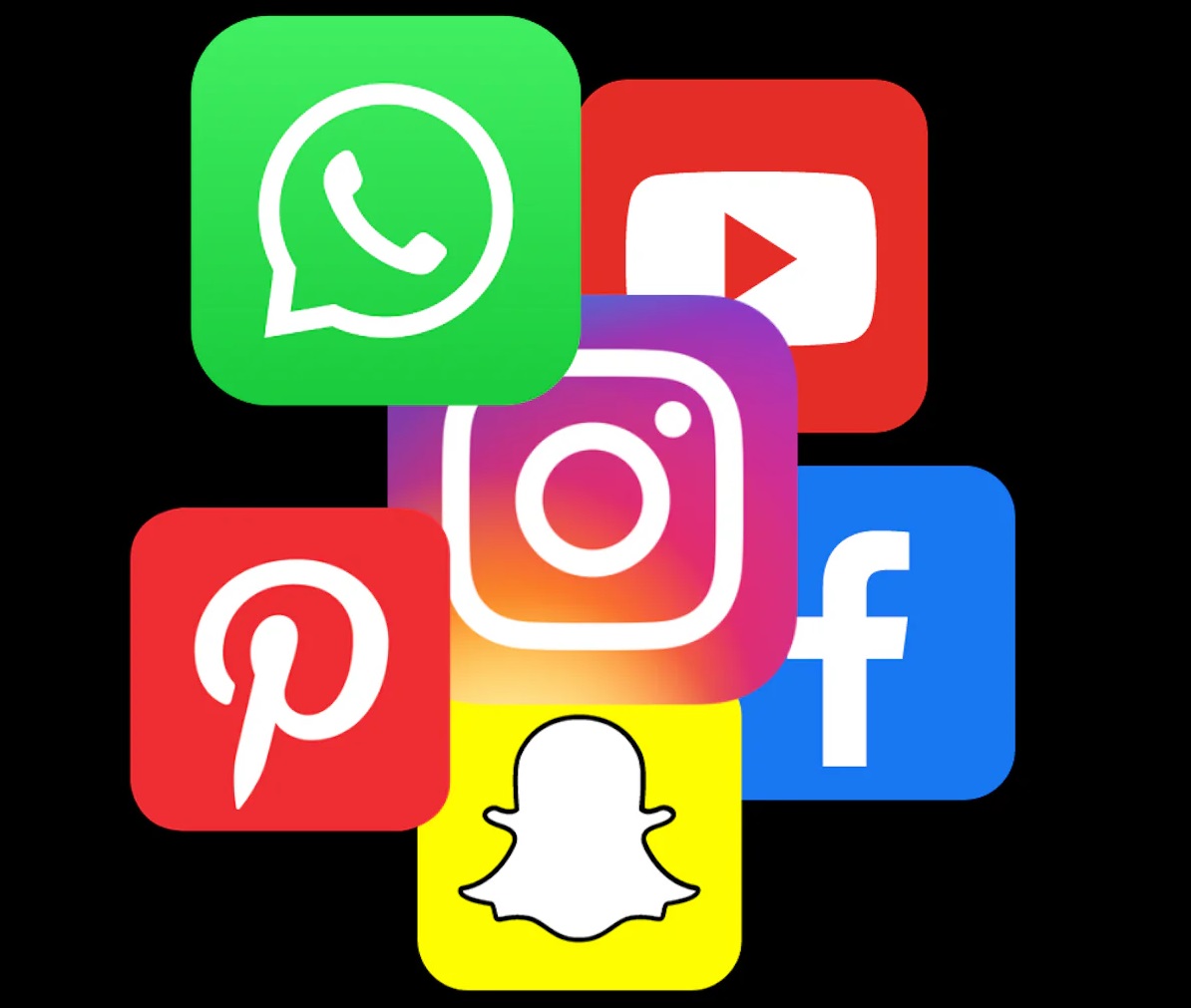
Regardless, social media or related apps aren’t the root of the problem. So, simply deleting them isn’t the answer. The quick dopamine fixes these apps provide keep people going back for more. If you quit some, you’ll find another to fill its place, whether another app, mobile game, or online shopping. In other words, it’s a device problem – not an app problem. Sure, one app may be more addicting than another, but it’s still a device problem.
If you spend hours scrolling on TikTok and then delete it, you’ll spend hours scrolling elsewhere – like on Instagram. If you delete all of that, you’ll now be spending hours on Reddit or scrolling IMDb, Goodreads, or something else that you can find to give you quick fixes. And sadly, the educational aspect of YouTube has been overshadowed by the Shorts, which have become like TikTok.
Deleting social media isn’t the answer. The answer is having the discipline to spend your time better. It’s making the choice to use time to your advantage. Deleting apps is a band-aide on something festering larger, and the festering issue will come back in other forms without discipline.
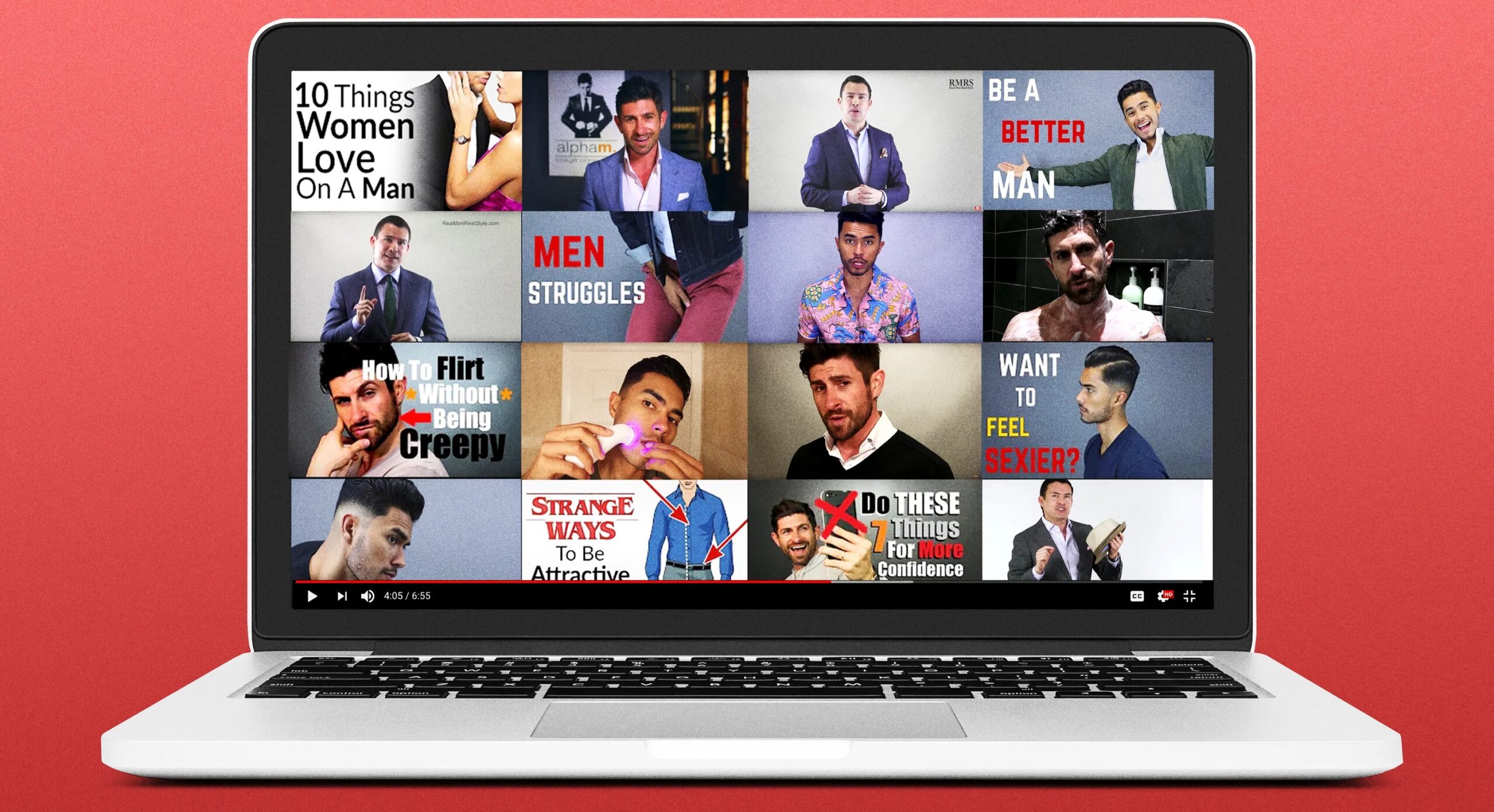
This discipline issue can be demonstrated before these devices existed. We had video games, and some people played them all day and night. P^rn was on floppy disks instead of online. You get the picture – it took discipline not to engage, and many didn’t have that discipline. The big difference between then and now is that we had no access to any of the games, p^rn, and pictures when we left home. We were forced to interact and do other activities. Now, we have this device connected to our hands 24/7.
A friend of mine decided to ditch the smartphone and return to a standard phone. He wasn’t on social media and said it was an easy switch. But, interestingly, he still went on his computer to watch YouTube reasonably often. YouTube is hard to quit 100% because it is a valuable platform. I wouldn’t be able to give it up as I find a lot of quality content—and it’s not related to social media, per se.
Unfortunately, to keep YouTube ‘relevant’ in today’s scrolling landscape, the platform added short-form content (Shorts) like TikTok. Even if a user visits YouTube for educational or purposeful reasons, they can ultimately get pulled into the scrolling side of Shorts. And that mindless scrolling can happen to us all when we’re tired or bored.
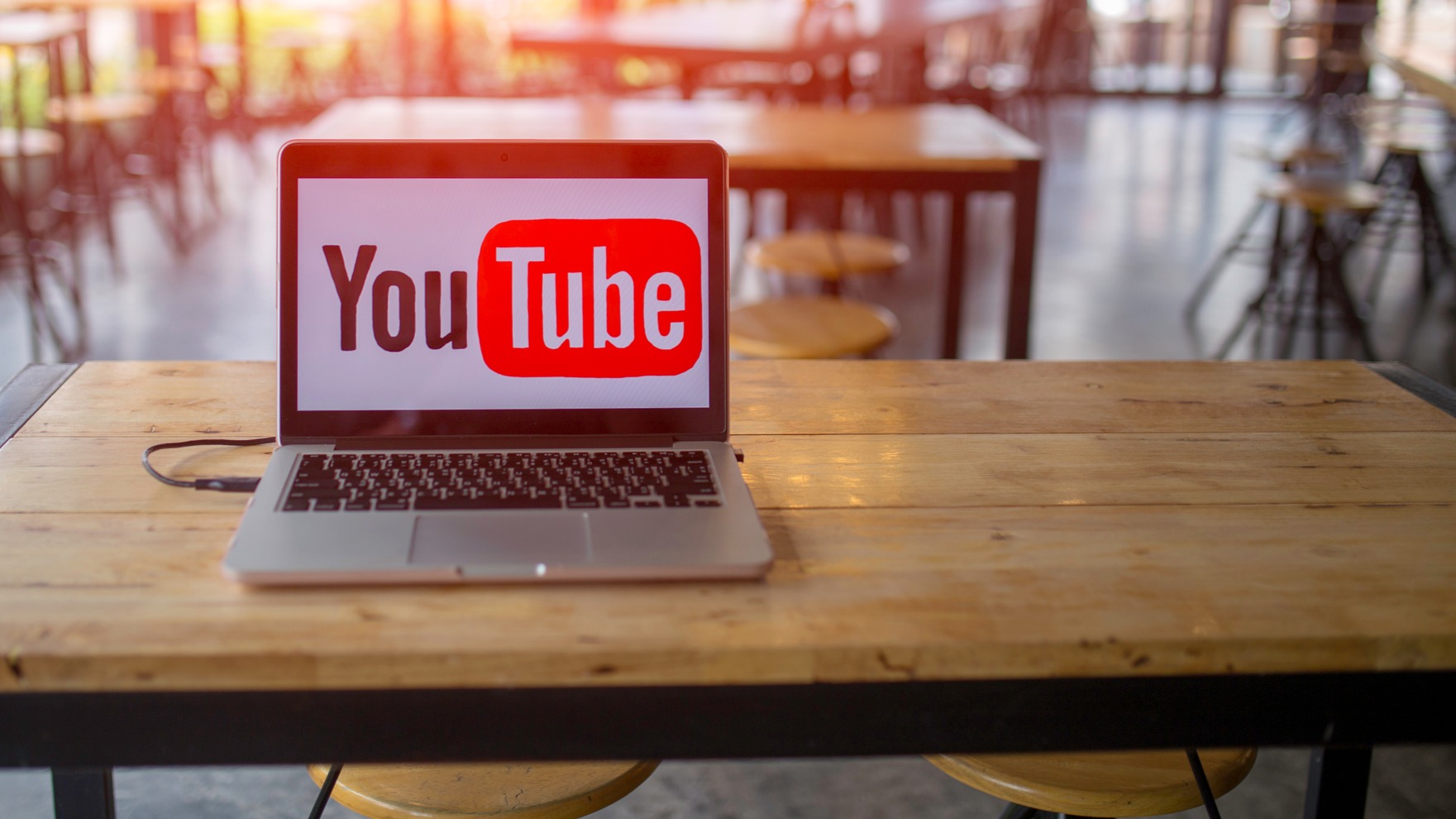
My friend did feel the payoffs of not having social media on his device (including YouTube). He didn’t scroll at bedtime (better sleep!), he avoided Shorts, and when he did decide to visit YouTube, it was for a specific reason. He could consciously be aware of the time and what he was watching.
He said he felt more in control by not getting sucked into the seemingly endless TikTok FYP or Instagram Reels. An interesting note is that he watched more movies and shows. Was that his way of getting a dopamine fix? Or was he actually getting more value because he was sincerely interested in the movie or show instead of mindlessly scrolling?
I predominately spend my time with podcasts and YouTube videos, especially in recent years. Scaling back on my consumption of specific social media has helped me stop consuming negative information (whether it’s the news or comments; both can seep into your subconscious) and avoid toxicity. It’s unrealistic for me not to spend any time on social media due to my businesses, but I certainly can limit it. I can also make what I view more specific. I am happier and healthier due to not being focused on social media. I shift that time to concentrate on myself.
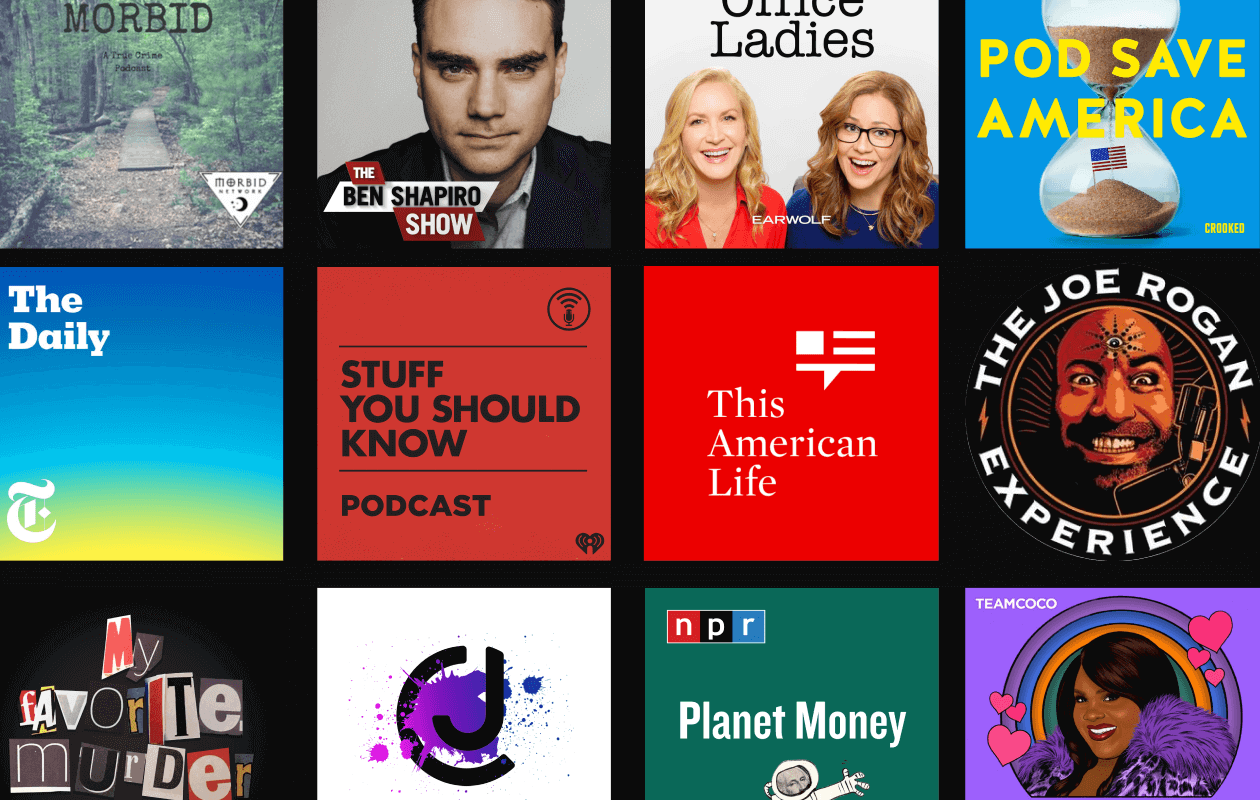
Scrolling social media can make you feel like you’re missing something – like your life is deficient. People post how amazing they are and how incredible their lives are, which can bum you out and make you feel bad about yourself. Social media can be destructive and needs to be put into perspective because what you see on social media is not reality. Like online dating, personas are crafted.
Every one of us has problems, issues, and insecurities. However, social media is where people post about amazing things – it’s like looking through a keyhole. Spending too much time on social media can make you feel like you must compete when living a ‘normal’ life is absolutely fine. It’s also a time suck. Live a life off your device because living is not done on a device – or even a computer. Make your own unforgettable and unique memories and create a life you love.

